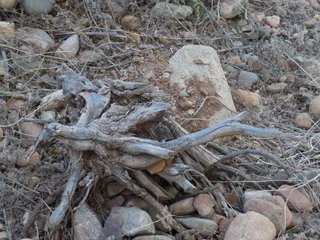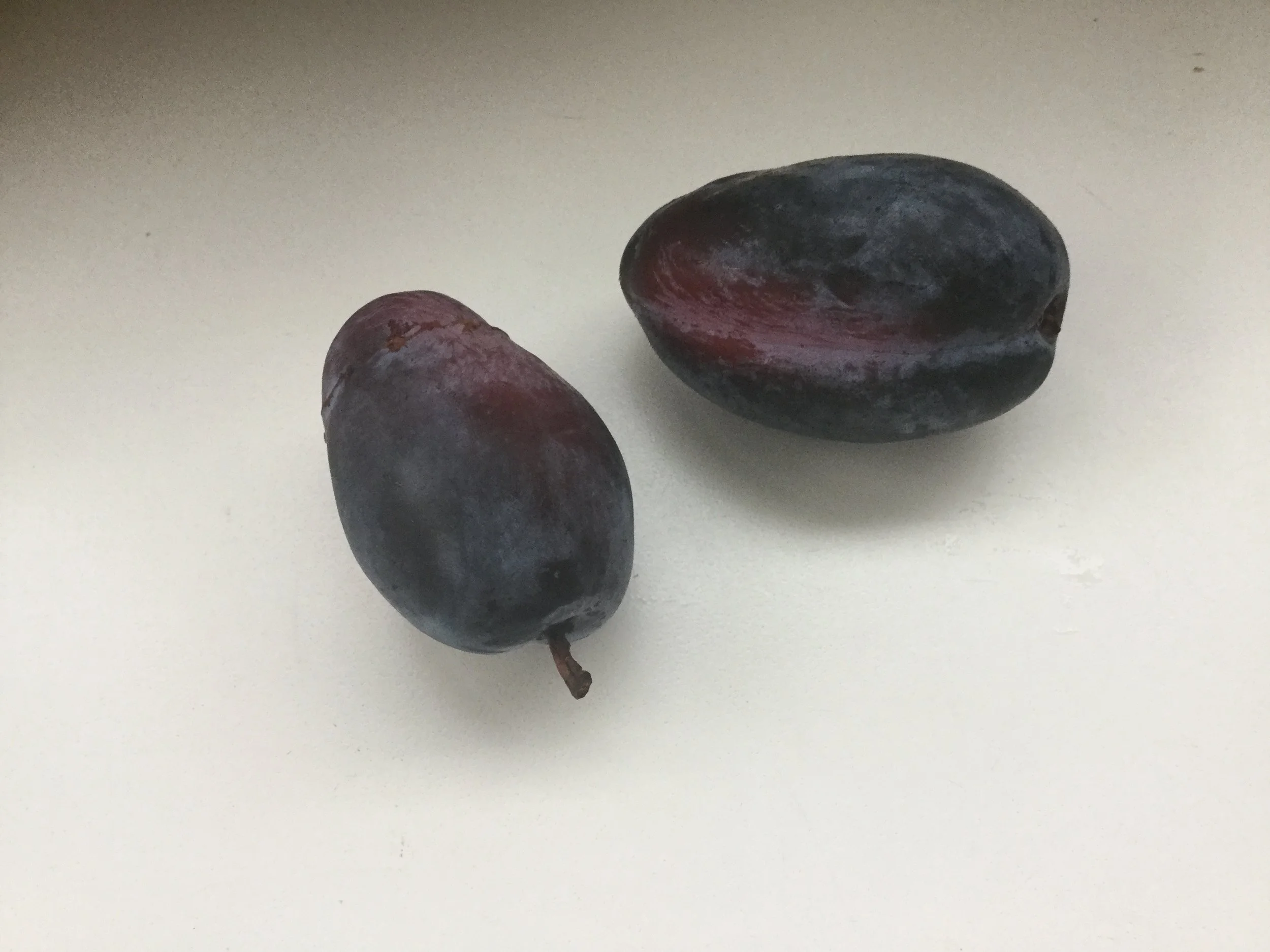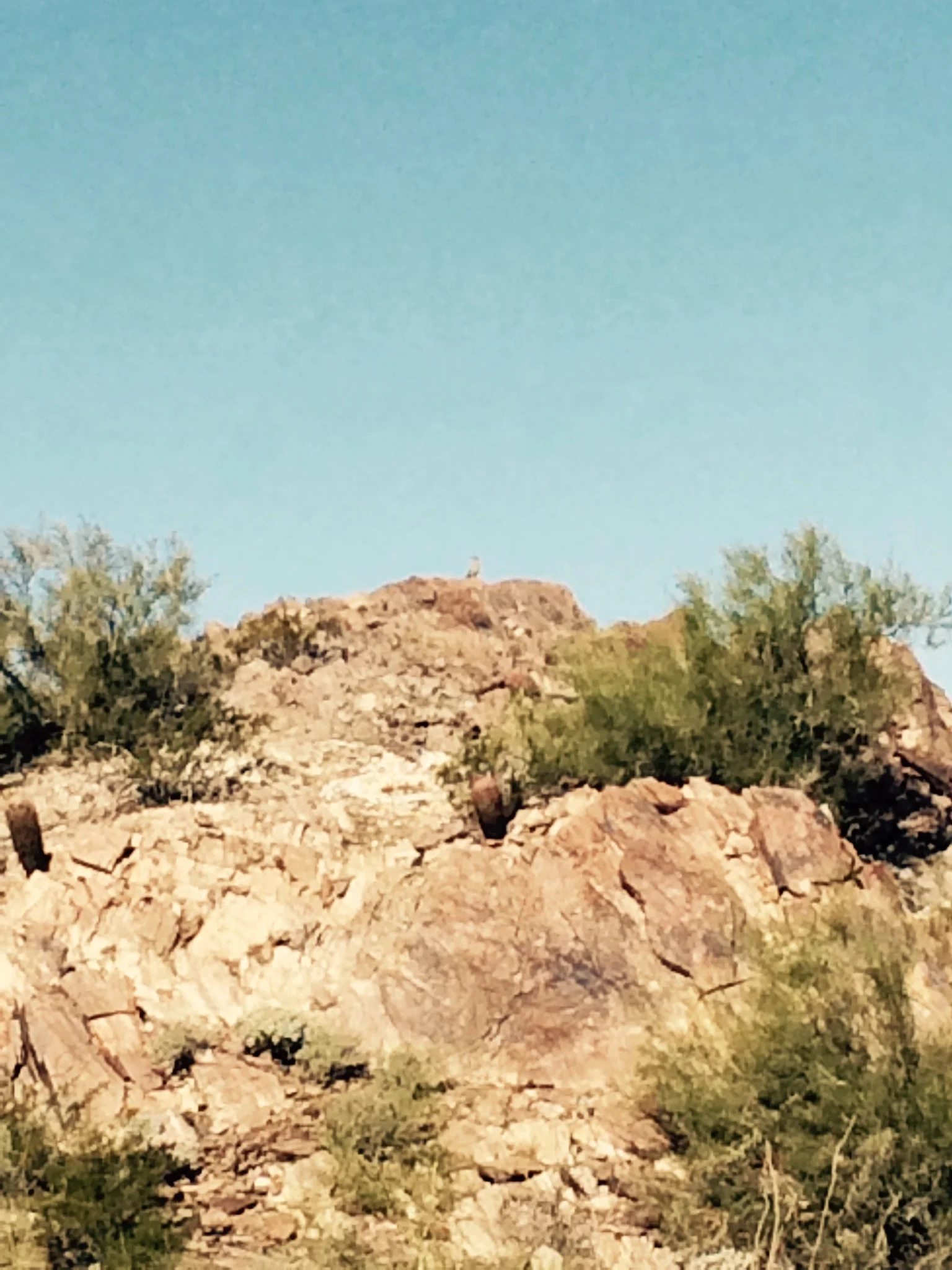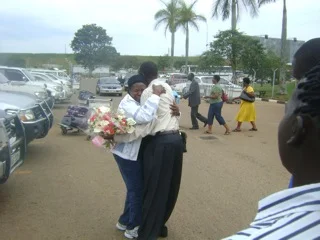QUIVIRA - Part Two
The noble 25-year-old Francisco Vazquez de Coronado was not a firstborn son, consequently, not entitled to family title or wealth. However, he was family ambitious. In 1535, he moved to New Spain (Mexico), made a name for himself, gained a governship, and a 12-year-old wealthy wife, Beatriz (seriously, called La Santa), who over the years bore him eight children.
Look. We get it. Coronado heard some powerful stories of wealth, up north. Not rumors only, mind you, but the reliable, first-hand accounts of the explorer, Alvar Nunez Cabeza de Vaca and the reliable missionary, Marcos de Nina. Coronado wanted in on it, just like people buying tickets today for a billion dollar Lotto prize. It’s just that it took more than a dollar or two.
Coronado pawned his wife’s wealth, borrowed 70,000 pesos, convinced several investors to pitch in, and planned the ride of his life: the pursuit of gold and silver and who knows what else—north, in a place called the Seven Golden Cities of Cibola and later, in Quivira.
I write about this like a kid jumping rocks through a creek—hop, skip, land, and miss, as I follow Coronado from Mexico, to Arizona, New Mexico, Texas, maybe Colorado, and, finally, tragically, Kansas. I’ll be jumping, working my way to an observation of my own in Part Three. But first . . .
In February 1540, Coronado sent supplies north, along the Guadalupe River. The rest—pigs, mules, cattle, goats, sheep, and men moving on horseback or foot, moved up along the Gulf of California, then took a break in Culiacan, Mexico. Already, sheep had lost hooves on the rough terrain, deserters said Adios, horses collapsed from exhaustion, men abandoned important but heavy stuff, an angry Indian’s arrow shot out a camp master’s eye, and, well, who’s surprised, a few Indians were hanged in reprisal.
I mean, that stuff was trying but the worst part for Coronado? The worst was news. Scouts arrived saying that Friar Marcos de Niza was full of it when he declared good stuff ahead. The scouts said, “Everything the friar had said was found to be the opposite.” (p.137)
But hey, thought Coronado. Look how much we have invested in this; look how far we have come; imagine the embarrassment of being wrong.
The scouts tried again, telling of horrendous summer heat ahead, of withering winds and winter’s snow on a wilderness that defied description—should Coronado manage to get that far.
“The land ahead cannot support so great a number,” they said.
Really now, the scouts hadn’t factored in a hunger for wealth and weal.
Coronado remember the words of others who said that while they hadn’t entered the city of Cibola, they had seen it from afar and this city stood on a hill and appeared wealthy and large, like Mexico City. He scrubbed the, “hadn’t entered” part. Time to push forward. Time to find the “Seven Cities of Gold.” Coronado hadn’t risked all for anything less.
In August 1540, Coronado’s army moved out of Mexico, into SE Arizona, and finally to Chichilticale (go ahead, say it: Chee-CHIL-tee-CAHL-ley) the “Red House.” Friar Marcos described this as a place to feed his men and horses. Not so. Rather, read “Ruins.” An abandoned Indian fortress, Apache likely, set in a mountain pass “between hot desert and high alpine terrain.” The party rested two days, remained hungry and grumpy, survived mostly on meat, and moved on, making their way to riches.
By this point, Coronado’s adventurers suffered under three new realities: 1. the deadly heat and scarcity of southern Arizona, 2. the misinformation from a traveling Friar, and, most disturbingly, 3. reports that the dreamed of Cities of Cibola was nothing more than scattered Zuni Indian pueblos.
Never mind warnings of misinformation, never mind the scorpions, rattlesnakes, poisonous centipede, tarantulas, Gila monsters, poisonous plants, cacti ready to bore into human or horse flesh, the lack of food or water. The dream, the vision, the hope, the rumored, the expected—the dream was not to be dashed.
Come with me now, as I trot along side Coronado.
Come spend his next two weeks crossing the “worst terrain yet encountered, a mountainous despoblado where horses and a few men dropped dead from hunger and exhaustion, or after “ravenously devouring a poisonous plant.” But the dream, the Seven Cities of Gold, the wealth, the dominion on behalf of Spain energized men moving toward the edge of madness.
Remember, the highly intelligent Moroccan slave, Estevanico, had explored north of Mexico in 1538 with de Vaca and during their eight years and thousands of miles, had sent back reports of seven great cities. That is, and this should matter, —he had heard about them— buildings adorned with precious stones, well-dressed inhabitants, precious metals, elephants, camels, plazas, tall buildings, and, OH! YES! “Creatures with a single horn that extended to their feet and forced them to eat while lying on their side.” (Horwitz, p.132)
Imagine it! Coronado did.
Estevanico disappeared somewhere in Tierra Nueva, never to be found, but his ideas about the Seven Cities of Cibola became legendary. After two torturous weeks crossing the despoblado, after four months of hellish advance, Coronado’s army found themselves in an area of streams and trees and there, they were met by welcoming Zuni Indians from—Oh, mercy!—from Cibola!
“You are welcome,” the Zuni warriors managed to convey once they recovered from seeing horses for the first time (people-eating animals, they believed). Welcome, but not in our well-fortified pueblos. And that wasn’t all. Just as Coronado meant to occupy, the Zunis meant to ambush. Neither party felt inclined to expose a full plan. Insincerity was the bond between those brothers of different mothers and fathers, different cultures, different beliefs, different lands, and differing intentions.
Arrogant,” said Coronado from his lofty saddled position. He ordered an assault.
The Zuni showed little respect for the strange tongue of men straddling strange animals, or for the strange attire, or the monotonous babbling, declarations they were required to hear before the Spaniards could formally claim occupation on behalf of Spain’s king. Tony Horwitz writes that the reading of the Requerimiento ended with Coronado declaring that, should the natives refuse the generous offer of Spanish dominion,
“I assure you that, with the help of God, I will attack you mightily. I will make war against you everywhere and in every way. . . .I will take your wives and children, and I will make them slaves . . . .I will take your property. I will do all the harm and damage to you that I can.” And further: “I declare that the deaths and injuries that occur as a result of this would be your fault and not His Majesty’s, nor ours.”
The pueblo dwellers did not respond as Coronado hoped. One Zuni man sealed a corporate attitude with an arrow shot through the robe of a friar.
Having been denied permission to enter the village, Coronado’s more than half-starved and fully terrified men advanced on the pueblos, fought their way to foodstuff. Arrows and rocks flew from the hands of strong Indians. Men “so weak and debilitated that they could hardly stay on their feet,” fired guns and crossbows until finally the Spanish broke through, saving themselves from starvation.
After asserting Spain’s right to rule, after promising that he came to help and protect, after distributing rosary beads, after plundering stores of food, massacres, torture, after brutalizing and burning at the stake a hundred or so native men, Coronado and company made camp nearby and settled through the summer and fall of 1540. (Find it all in archived Spanish documents)
I was struck by this news from a soldier’s letter:
“We found what we needed more than gold and silver. Corn and beans and fowls, better than those of New Spain, and salt, the best and whitest that I have seen in all my life.”
Coronado finally recovered enough from an arrow in his foot, a bonk from a rock on his head, and a distasteful taste of truth, when for so long a stubborn dream had owned his heart and mind (and his wife’s wealth). To the Viceroy in Mexico, he wrote,
“There does not appear to me to be any prospect of obtaining gold and silver . . . But,” he said, bolstering up his resolve and polishing off hope, “I trust in God that if it exists here we will obtain it.”
I’m leaping from rock to rock here:
Arizona, New Mexico, hardship, desertions, skirmishes with Indians, rivers and streams, deserts and mountain passes, a hundred or so bothersome indigenous men burned at the stake; massacres, plundering of pueblos for foods and women by starving representatives of the Christian God and the King of Spain. Zunis, Apache, snakes and scorpions, fierce fighters of all sorts, dear god, it was terrible.
However . . . Lordy, just in time to bolster hope . . . an Indian slave the Spanish called “El Turco” arrived. Can you believe it? Only forty days travel away from Cibola, he said, was Quivira! “Oh yes,” he said, it was his home. He knew it well. It was a magnificient place.
Coronado had heard the rumors about Quivira. Rumors of gold, silver, elephants, camels, and goodness knows whatever other riches. El Turco would guide them there, El Turco . . . the man who said the leaders of his land sleep under trees laden with bells of gold. Men so recently near starvation and desperation were suddenly energized.
Time for good news. In “A Voyage Long and Strange” by Tony Horwitz details of movement from Cibola to the winter camp near our Albuquerque, and yes, a litany of tragic brutalities; but also this good news.
“The Turk” likely a Pawnee tribesman, a slave given to one of Coronado’s officers, was full of stories. He regaled Coronado and his officers with grand descriptions of his home. Lies, yes. Tall tales, yes. But, he knew exactly what the Spaniards wanted to hear. Remember? Golden bells. Grand houses, gold, silver, “Yes, yes, yes. Follow me,” said El Turco.
Follow the Spaniards did, without question — even though they had been warned by other slaves against believing The Turk. But, as one Texas historian wrote, “ . . .the Spaniards were blinded by their desire to bring back riches for their king.”
Coming up: QUIVIRA, Part 3 QUIVIRA - A Lesson About Fact, Truth, Faith and Belief



